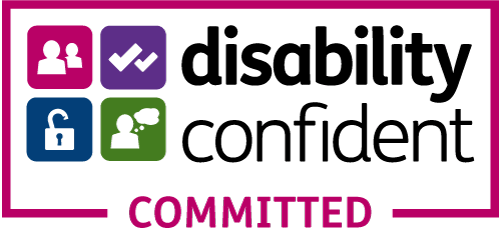How Mental Wellness Can Be Your Secret Weapon for Pain Management
Taming the Twin Demons: How Mental Wellness Can Be Your Secret Weapon for Pain Management

Chronic pain is a relentless foe, impacting millions in the UK. While medication and physical therapy are crucial, a growing body of research suggests a powerful, often overlooked weapon: mental health management.
Here’s why prioritizing your mental well-being can be a game-changer for pain management:
- The Mind-Body Connection: Pain isn’t just physical. Stress, anxiety, and depression can amplify pain signals and worsen discomfort. A 2023 study by King’s College London found a strong link between chronic pain and depression, highlighting the crucial role of mental health in pain perception.
- Breaking the Cycle: Chronic pain can lead to negative thoughts and fear of movement, creating a vicious cycle. Cognitive Behavioural Therapy (CBT) has been shown to be highly effective in managing pain. A 2022 NHS report that CBT can help individuals identify and challenge unhelpful thought patterns, ultimately reducing pain intensity and improving coping mechanisms.
- Stress Reduction: Chronic pain can be incredibly stressful. Techniques like mindfulness meditation, relaxation exercises, and deep breathing have all been shown to reduce stress hormones and improve pain tolerance. A recent University of Oxford study published in the British Journal of Pain demonstrated the effectiveness of mindfulness-based interventions in reducing pain intensity and improving sleep quality in individuals with chronic pain.
- Empowering Yourself: Taking control of your well-being fosters a sense of empowerment. By learning skills to manage stress and negative emotions, you become an active participant in managing your pain. This feeling of control can significantly improve your overall well-being.
Taking Action:
- Talk to Your Doctor: Discuss your mental health concerns and explore strategies for managing them alongside your pain management plan.
- Explore Therapy: Consider therapy options like CBT or mindfulness-based therapy. Resources are available through the NHS or private providers.
- Self-Care Practices: Prioritize sleep, healthy eating, and regular exercise. These habits directly impact both physical and mental health.
- Support Groups: Connecting with others who understand chronic pain can be invaluable. Look for local support groups or online forums.
- Embrace Breathwork: Simple breathing exercises can be incredibly effective in managing pain. A 2024 study by Queen Mary University of London found that breathwork techniques like diaphragmatic breathing significantly reduced pain intensity and improved mood in chronic pain patients.
- Free Mental Health Courses: Consider free online courses offered by organisations like Impact Mental Health. Our courses can equip you with valuable tools for managing stress, anxiety, and negative thought patterns, all of which can contribute to chronic pain.
Remember, managing chronic pain is a journey, not a destination. By prioritising your mental health, you equip yourself with powerful tools to manage pain, improve your quality of life, and reclaim control of your well-being. Explore the resources available and take the first step towards a healthier, happier you.



Leave a Reply
Want to join the discussion?Feel free to contribute!